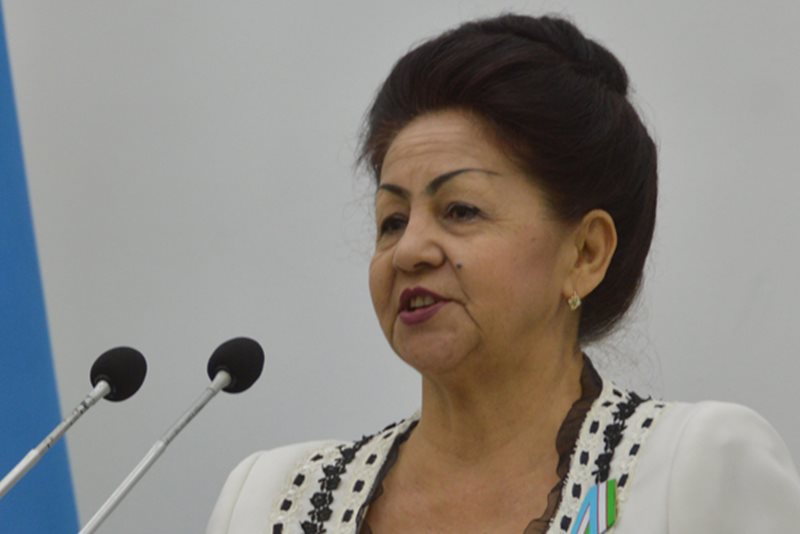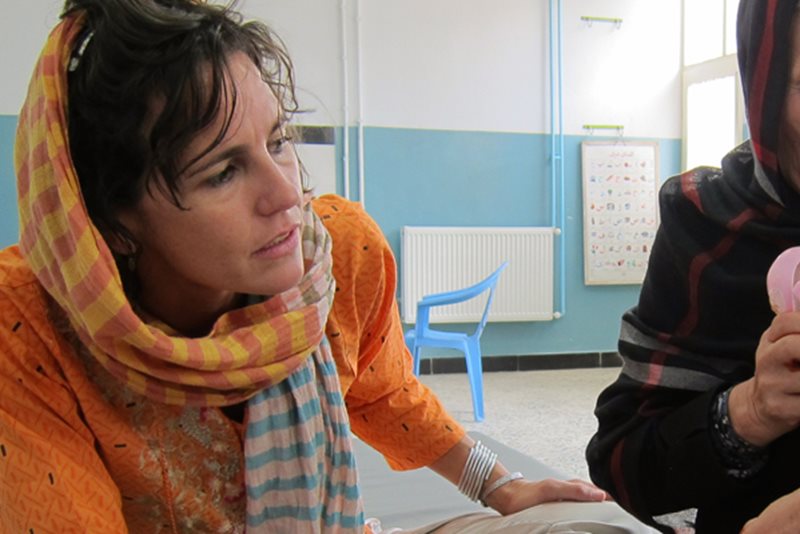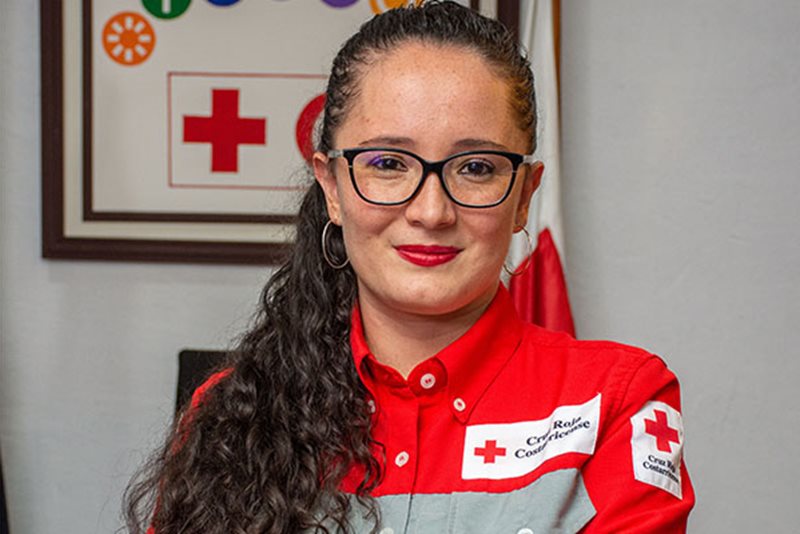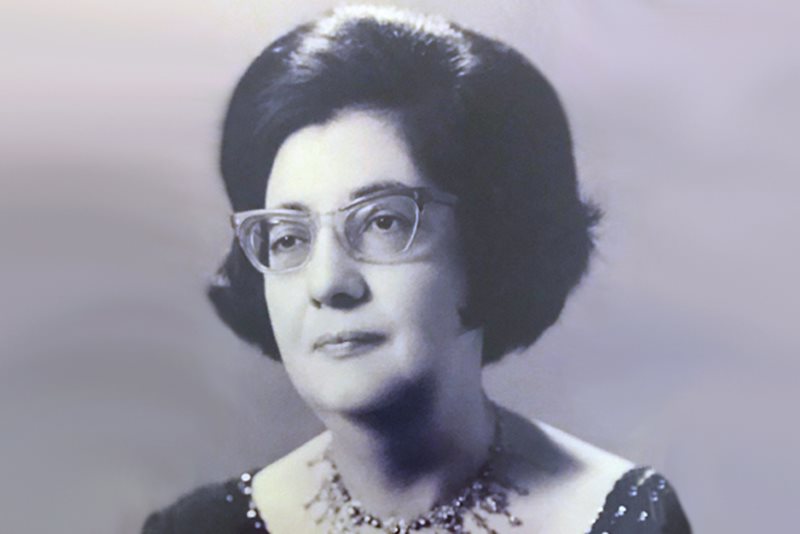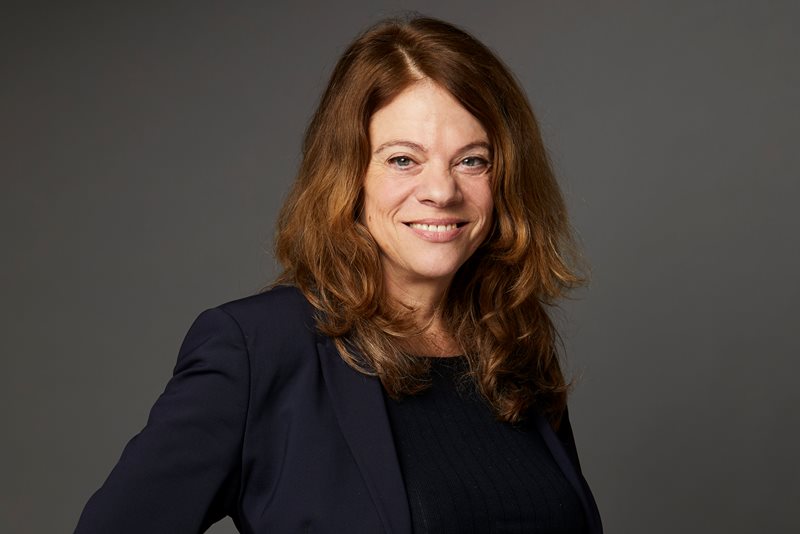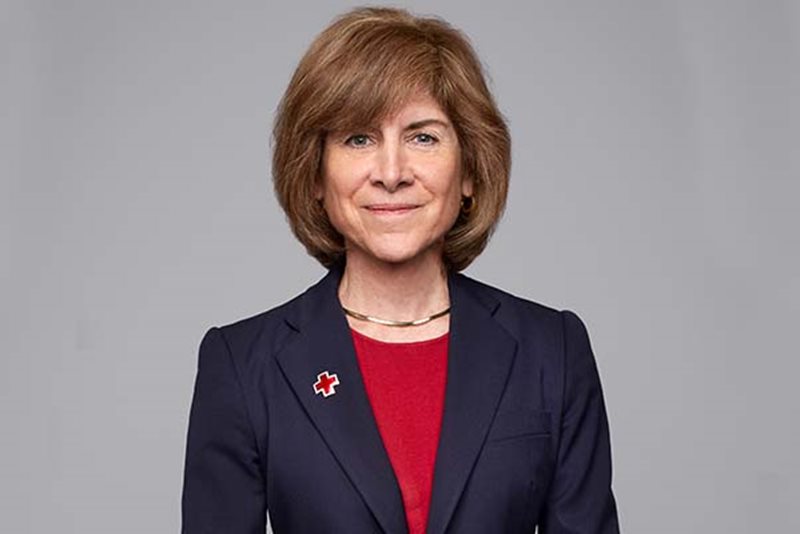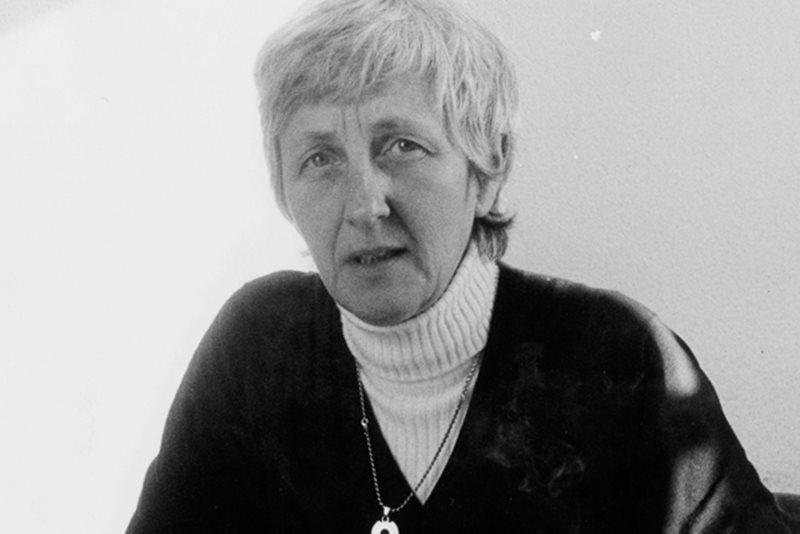

Jeanne was a colorful character, who completed her first mission with the ICRC in the then-called Republic of the Congo (now known as the Democratic Republic of the Congo). Jeanne had lived in the Republic of the Congo as a child during more peaceful times, but returned to a very unstable environment as war broke out in the 60’s during the country’s fight for independence from Belgian colonial rule.
She started there as secretary in 1961, supporting and assisting the ICRC’s medical teams in a country where political upheaval and violent conflict had made conditions very precarious. As the situation worsened, more and more staff left the country, leaving her in charge of more complex tasks in the delegation, including maintaining the dialogue with authorities regarding the country’s humanitarian situation.
– Jeanne Egger, ICRCJeanne Egger paved the way for many more inspiring women to work in the field for the ICRC
In 1963, 100 years after the creation of the ICRC, Jeanne Egger became the first woman in the ICRC’s history, to become an ICRC delegate with diplomatic status. A male delegate stationed in Congo had sent a letter to Geneva explaining that although she was officially a secretary, she was doing the job of a delegate, and insisted that her title should be changed to reflect this. She paved the way for many more inspiring women to work in the field for the ICRC.
During her time in the Congo, she even met with one of the most influential people in the conflict, colonel Joseph Mobutu, who later went on to become the president of the country for more than thirty years. He asked her why she wanted to speak to him. She told him “I want you to ensure that the wounded soldiers I saw in the entrance hall on my way into this meeting are given access to medical care. It is your responsibility to take care of the security of these people.” He agreed, and Jeanne stated that she was convinced that part of the reason why her request was well received, was because she was a woman: “When women, in comparison to men, asks for detention visits, the interlocutor thinks that this woman is like a mother who wants to bring the prisoners little packages, whereas a man will have more political motives. This is why I never had any difficulties. ”
Jeanne went on to work as a delegate in Rwanda, Cyprus, Burundi, worked for the Swiss Red Cross and took part in the creation of the Rwandese Red Cross in 1967.
– Jeanne Egger, ICRC“I find it hard to imagine living without such a commitment”
As one of the first female delegates, Jeanne had to maneuver some tricky situations. Jeanne recalled one meeting with a high official whose wife had just left for a long stay in Europe: “The Minister said to me, ‘A month without a wife is not possible for me.’ I thought to myself: this conversation seems to be deviating, to say the least. He continued, ‘You see, I think we have a very good relationship. I thought you might accept to…’ At this moment, I asked myself: how do I get out of this? I cannot sacrifice the relations between the ICRC and this minister. He is dealing with all our cases. I still hear myself saying, ‘Minister, when you enter the ICRC, it is like entering a religion.’ The minister replied, ‘Oh my God! Excuse me, I did not mean to offend you, Sister!’ It was a very delicate moment, especially because if the minister had taken this rejection poorly, it would have been used as an excuse to not allow any more women to work in the field.”
Jeanne’s dedication to the humanitarian cause was strong; “As a human being, if I see a situation where someone's life or their dignity is in danger, I feel the need to act. When I started my work in Kinshasa, I did not think I would go as far as I did, but I discovered my strength in the cause. I find it hard to imagine living without such a commitment.”

Analysis shows that women’s jobs are 1.8 times more vulnerable during the coronavirus pandemic than men’s jobs: Women make up 39% of global employment but account for 54% of overall job losses as of May 2020.




